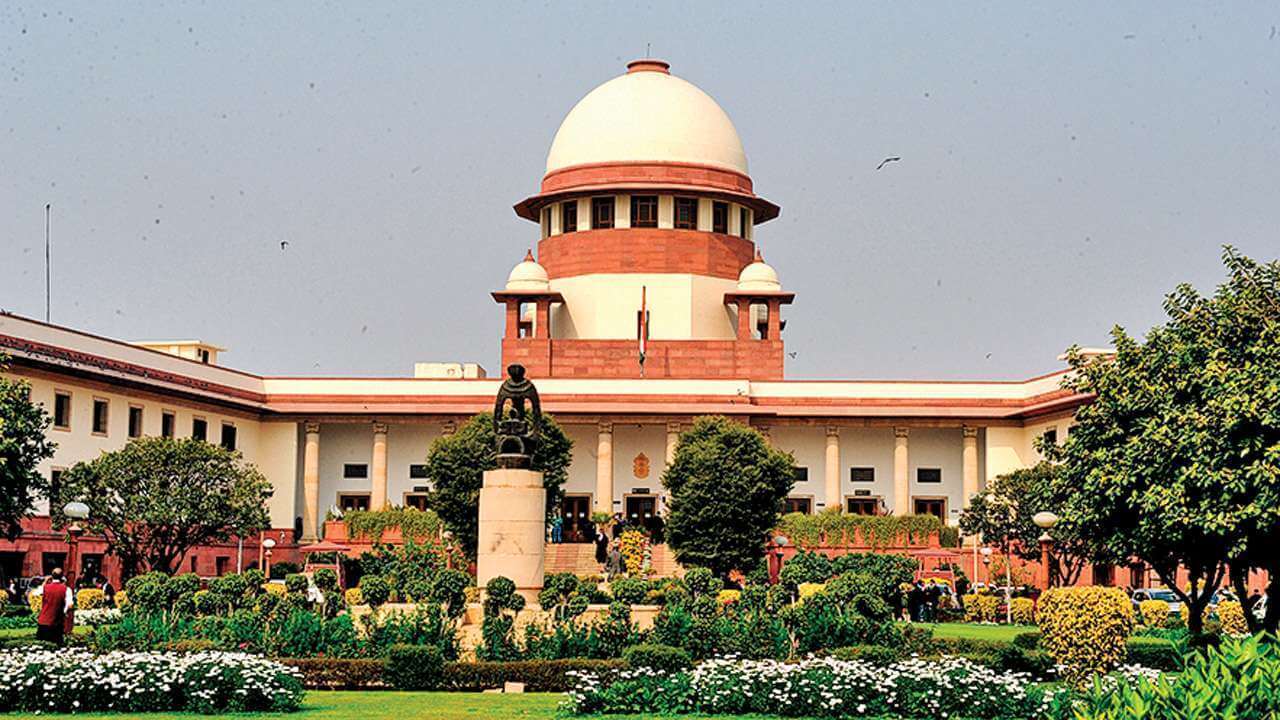Marbury v. Madison is a landmark case in United States Supreme Court history that established the principle of judicial review. Here are the facts of the case:
Background:
- The case arose during the presidency of John Adams, who was a Federalist. In the final days of his presidency, Adams and the Federalist-controlled Congress passed the Judiciary Act of 1801, also known as the “Midnight Judges Act.”
- This Act created new positions within the federal judiciary, including justices of the peace for the District of Columbia.
- Before leaving office, Adams appointed a number of Federalist “midnight judges” to these new positions, and the commissions were signed and sealed.
William Marbury’s Appointment:
- William Marbury was one of the individuals appointed as a justice of the peace by President Adams in the District of Columbia.
- Marbury’s commission was signed and sealed, but it was not delivered before Adams left office.
Denial of Commission:
- Once Thomas Jefferson assumed the presidency, his Secretary of State, James Madison, refused to deliver Marbury’s commission.
- Jefferson, a Democratic-Republican, opposed the appointments made by the outgoing Federalist administration and directed Madison not to deliver the commissions.
Marbury’s Lawsuit:
- Marbury filed a lawsuit directly with the Supreme Court, asking the Court to issue a writ of mandamus (a court order compelling a government official to perform a duty) directing Madison to deliver his commission.
Supreme Court’s Decision:
- The Supreme Court, led by Chief Justice John Marshall, faced a dilemma. If it ordered Madison to deliver Marbury’s commission, it risked the Jefferson administration ignoring the Court’s order, thus undermining the Court’s authority.
- Instead, Chief Justice Marshall used the case to establish the principle of judicial review, the power of the federal courts to review the constitutionality of acts by the legislative and executive branches.
- Marshall reasoned that Marbury had a legal right to his commission, and by refusing to deliver it, Madison was in violation of that right. However, Marshall declared that the portion of the Judiciary Act of 1789 that gave the Supreme Court the power to issue writs of mandamus was unconstitutional.
- In doing so, Marshall asserted the Court’s authority to review acts of Congress and the President and to declare them unconstitutional, thus establishing the principle of judicial review.
Significance:
- Marbury v. Madison is regarded as one of the most important decisions in American constitutional law.
- It firmly established the principle of judicial review, which has since become a fundamental power of the judiciary in the United States.
- The case strengthened the system of checks and balances by ensuring that the judiciary could serve as a check on the actions of the other branches of government.
Marbury v. Madison remains a foundational case in American jurisprudence and continues to shape the role of the judiciary in the United States government.
